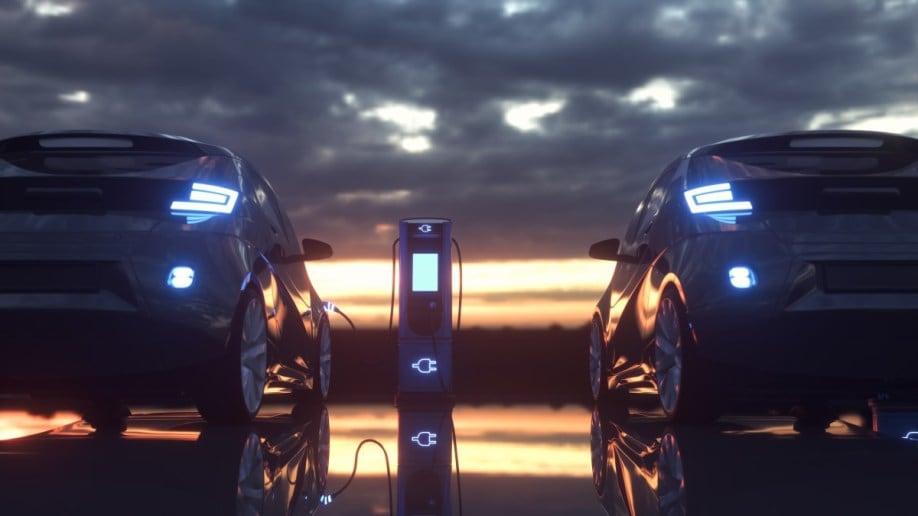
Government researchers claim they have found a way to cut the charging time of electric car batteries already on the road down to about a third of what it is today.
It involves artificial intelligence.
In a presentation at the ACS Fall 2022 meeting held last week, lead researcher Eric Dufek of the Idaho National Laboratory said, “We’ve significantly increased the amount of energy that can go into a battery cell in a short amount of time.”
Fast Charging Can Damage Batteries
Many of today’s electric vehicles (EVs) take half an hour or more to get to 90% charge, even under the best circumstances. Plugged into a typical home outlet, they can take much longer.
Related: Electric Car Charging: Everything You Need to Know
“Currently, we’re seeing batteries charge to over 90% in 10 minutes” with no damage to the battery, Dufek says.
That last bit is critical. It’s always been possible to force more energy into a battery in a shorter time than today’s fast chargers do. But it tends to damage the battery.
When the lithium-ion batteries used in current EV designs charge, lithium ions move from one side of the device (called the cathode) to the other (the anode). Charging quickly can leave some ions stuck outside the anode. That degrades a battery’s performance and ultimately makes the cathode crack. That renders the battery useless.
Batteries are the most expensive component of today’s EVs. So wearing them out more quickly isn’t an option. Automakers today design batteries to limit their own charging speed to preserve their lifespan.
Researchers used machine learning to optimize charging speed, ensuring that almost every ion made it into the cathode.
The Future: Cars That Tell Chargers How to Charge Them
Moving the idea from the laboratory to the real world could take years. Automakers could use machine learning techniques to design batteries that will charge more efficiently. Engineers could also design charging stations with software that enables them to throttle charging speeds up and down to maximize efficiency with each battery.
The ultimate goal, Dufek says, is to develop EVs that teach charging stations how to maximize their charging time.
Smaller Batteries = Cheaper Cars
“The goal is to get very, very close to [times] you would see at the gas pump,” Dufek explains. Eric D. Wachsman, director of the Maryland Energy Innovation Institute at University of Maryland, tells the Washington Post that the research could also result in smaller batteries.
“Smaller batteries are cheaper cars,” he explains.
Smaller batteries would also use less of the rare metals that make battery construction expensive and environmentally damaging.
One of Several Battery Moonshots
Automakers are pursuing several technologies that could radically reshape the electric car market. Both Toyota and Nissan are studying solid-state batteries capable of charging faster and increasing the range of today’s cars.
EV adoption is speeding up nationwide – recent research shows that more than a third of new car shoppers are considering an EV or hybrid-powered car. But America needs to build more reliable EV charging networks to meet the challenge of moving to electric transportation. A recent study found non-functioning public chargers to be a major frustration for EV owners in some states.







